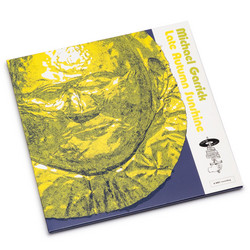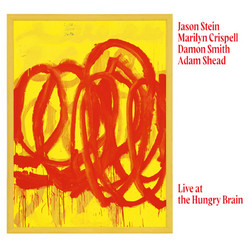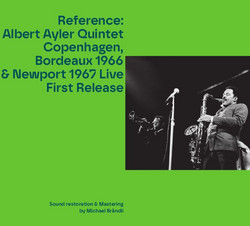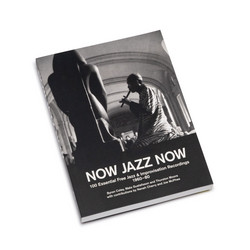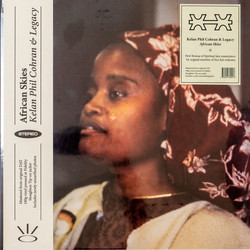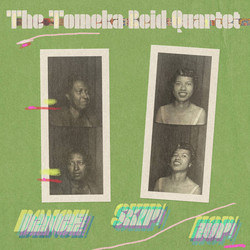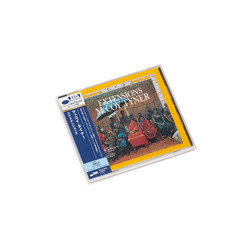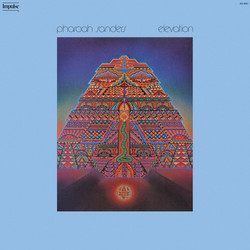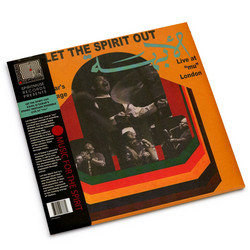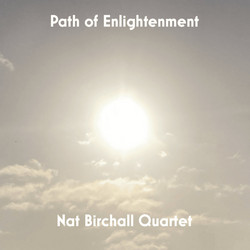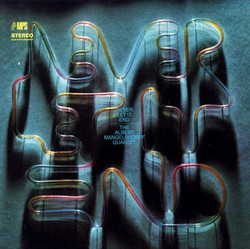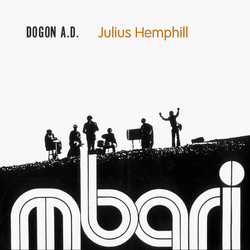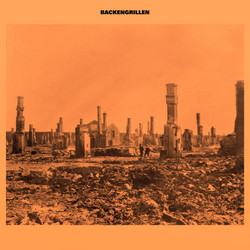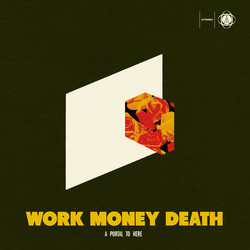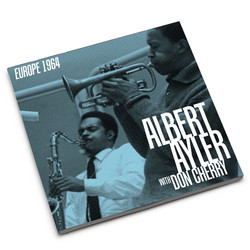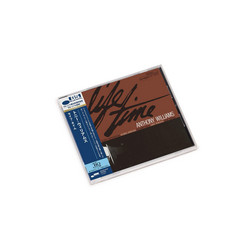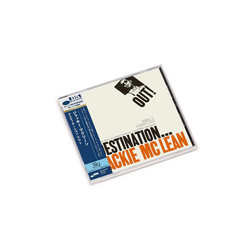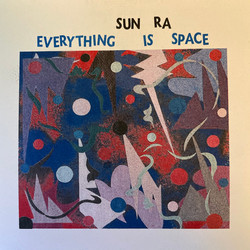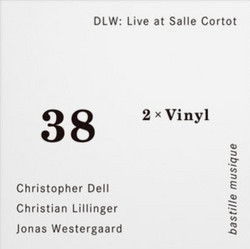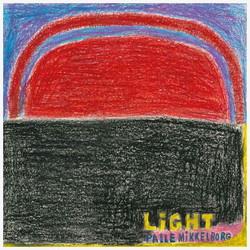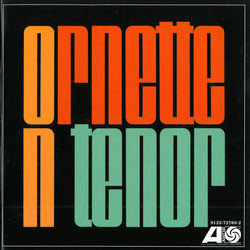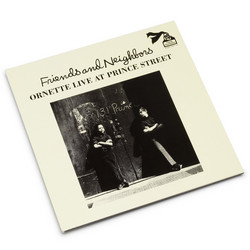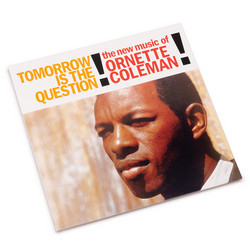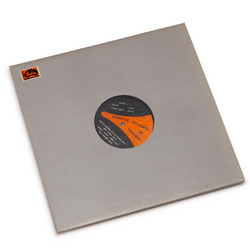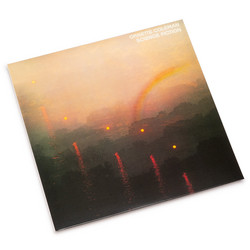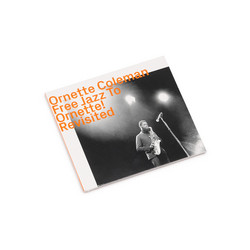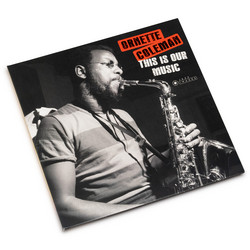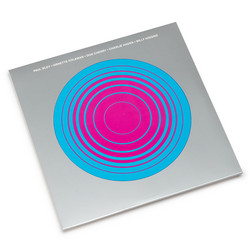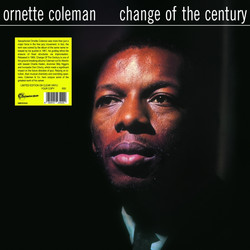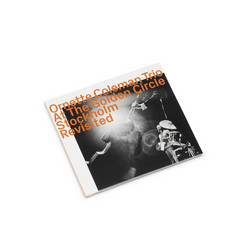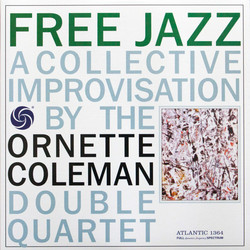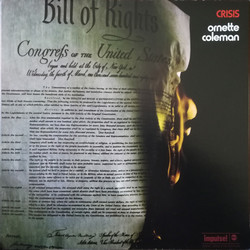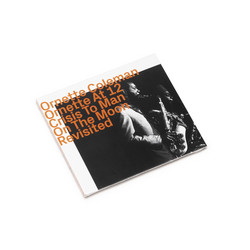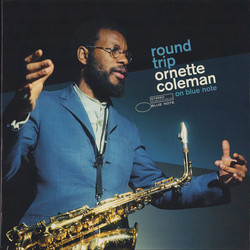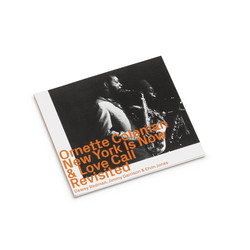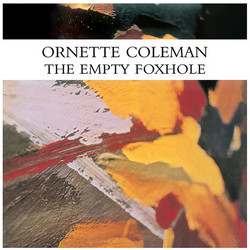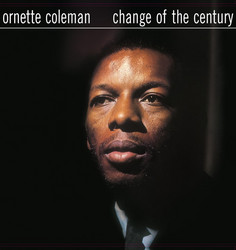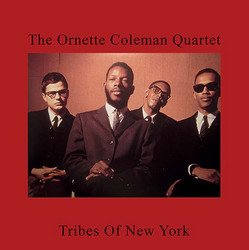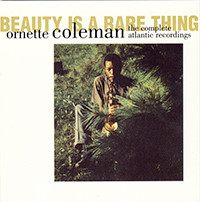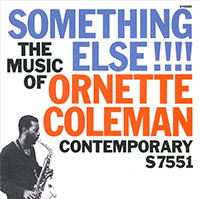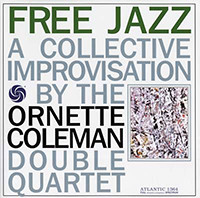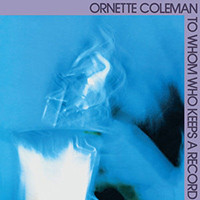Pressed on 180 gram vinyl, housed in a gatefold sleeve. Original recordings remastered. As jazz's first extended, continuous free improvisation LP, Free Jazz practically defies superlatives in its historical importance. Ornette Coleman's music had already been tagged "free," but this album took the term to a whole new level. Aside from a predetermined order of featured soloists and several brief transition signals cued by Coleman, the entire piece was created spontaneously, right on the spot. The lineup was expanded to a double-quartet format, split into one quartet for each stereo channel: Ornette, trumpeter Don Cherry, bassist Scott LaFaro, and drummer Billy Higgins on the left; trumpeter Freddie Hubbard, bass clarinetist Eric Dolphy, bassist Charlie Haden, and drummer Ed Blackwell on the right. The rhythm sections all play at once, anchoring the whole improvisation with a steady, driving pulse. The six spotlight sections feature each horn in turn, plus a bass duet and drum duet; the "soloists" are really leading dialogues, where the other instruments are free to support, push, or punctuate the featured player's lines. Since there was no road map for this kind of recording, each player simply brought his already established style to the table. That means there are still elements of convention and melody in the individual voices, which makes Free Jazz far more accessible than the efforts that followed once more of the jazz world caught up. Still, the album was enormously controversial in its bare-bones structure and lack of repeated themes. Despite resembling the abstract painting on the cover, it wasn't quite as radical as it seemed; the concept of collective improvisation actually had deep roots in jazz history, going all the way back to the freewheeling early Dixieland ensembles of New Orleans. Jazz had long prided itself on reflecting American freedom and democracy and, with Free Jazz, Coleman simply took those ideals to the next level. A staggering achievement. (Amg)
